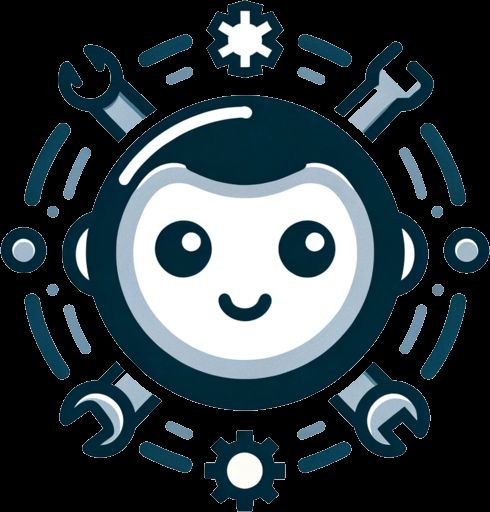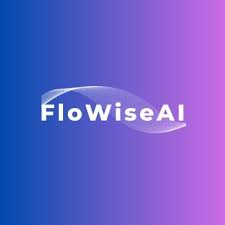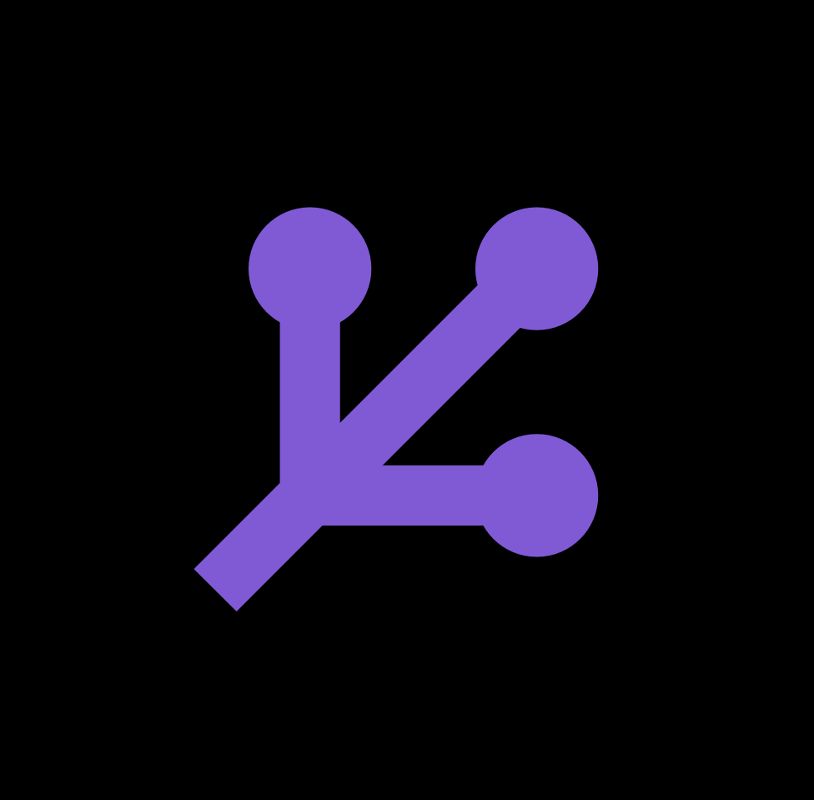
gptme
Local AI assistant for terminal use, enabling code execution, file management, and browsing, without privacy concerns.
Browse our elite collection of AI agents and build your digital workforce in minutes, not months.

Local AI assistant for terminal use, enabling code execution, file management, and browsing, without privacy concerns.

A framework for LLMs to enhance computer use, enabling the creation of customized vertical AI agents with ease.

GaiaHub offers developers a platform to share reusable components for fast creation and deployment of LLM applications.

Flowise AI enables developers to create and manage LLM applications with a low-code approach and flexible integrations.

Flo AI simplifies creating production-ready AI agents with a Python framework for seamless integration and flexibility.

A framework for creating stateless AI agents using functional programming, focused on composability and collaboration.

Open-source framework for deploying and managing autonomous AI agents in Web3 and blockchain environments.

Open-source Python framework for building language model apps, automating prompt and model selection.

AI-powered agents on Twilio’s CPaaS and CDP, enhancing multi-channel customer engagement.

Devtool enabling AI agents to browse, authenticate, interact, and extract data from the web seamlessly.

uAgent by Fetch.ai enables decentralized AI agents with self-governance and blockchain integration.

UFO is an open-source framework by Microsoft for interacting with Windows apps via natural language commands.
Top open-source AI frameworks include TensorFlow, PyTorch, Keras, OpenAI Gym, Hugging Face Transformers, and Apache MXNet.
Autonomous agents are AI systems that can make decisions and perform tasks without human intervention, typically using predefined goals and learning from their environment
They perceive their environment, process information, make decisions, and act based on those decisions, continuously adapting through learning and feedback loops.
An AI framework is a software structure that provides tools, libraries, and functionalities to build and deploy AI models and systems, simplifying development and integration.
A single-agent system involves one autonomous agent performing tasks, while a multi-agent system involves multiple agents that interact, collaborate, or compete to achieve their respective goals.
Benefits include faster development, reduced complexity, standardized approaches to building agents, and better integration with existing systems and environments.
They provide tools for learning from data, modeling environments, simulating actions, and evaluating outcomes, enabling agents to make informed decisions based on these processes.
Challenges include communication and coordination between agents, managing conflicts, ensuring stability in dynamic environments, and scalability issues as the number of agents increases.
Open-source AI frameworks provide free access to advanced AI tools, encourage community collaboration, offer flexibility in customization, and reduce the cost of development.
Autonomous AI agents can automate routine tasks, enhance decision-making, improve customer service, reduce operational costs, and allow businesses to scale efficiently.